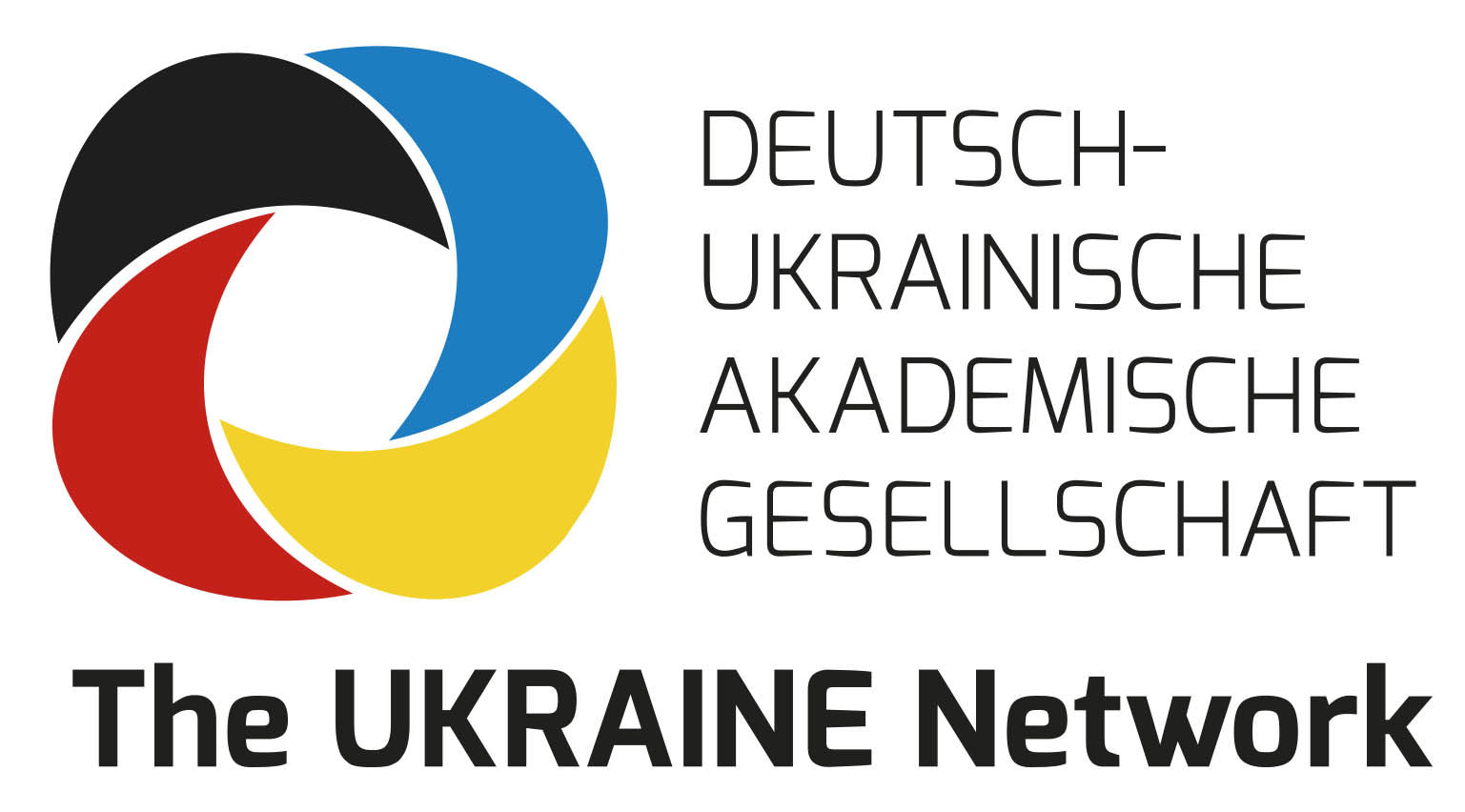Born and raised in Ukraine, Denys obtained his Master Degree (2005) from the Taras Shevchenko National University of Kyiv in Ukraine, followed by a Ph.D. (2008) from the University of Konstanz in Germany, working with Prof. Manfred Albrecht on hard magnetic materials for data storage application. From November 2010 until September 2015 he led a group “Magnetic Nanomembranes” at the Institute for Integrative Nanosciences, IFW Dresden. Since October 2015 Denys is heading the research group “Intelligent materials and devices” at the Helmholtz-Zentrum Dresden-Rossendorf (HZDR).
The main focus of Denys’ work is on fundamental and applied aspects of magnetism in curved surfaces, namely design and understanding of artificial micro- and nano-structures with unique magnetic configurations and exploring their application potential in the field of sensorics. One of the key outcomes is the realization of artificial helimagnetic-like configurations in 3D micro-helixes. From a theoretical point of view, radial magnetized curved architectures like Swiss roll structures lack inversion- as well as time-reversal symmetry and are therefore characterized by a geometrically induced ferro-toroidic order (collaboration with the group of Dr. Carmine Ortix, IFW Dresden, in the frame of the EU FP7-ICT FET Young Explorers Grant 2014).
As curved nanomembranes can be reshaped on demand after fabrication, the interest to this topic is far beyond the fundamental research. The results of his team created a solid background to realize the so-called shapeable (flexible, printable and stretchable) magnetoelectronics and highlighted its potential applications for eMobility and medicine. These activities are patent protected. For the development of this novel research field Denys was awarded an ERC Starting Grant “SMaRT: Shapeable Magnetoelectronics in Research and Technology” in 2012 and an ERC Proof-of-Concept Grant “MagnetoFLEX: Ultra-thin flexible Magnetic sensorics” in 2013.
Research interests
- Flexible (magneto)electronics
- Printable sensorics
- Biocompatible wireless communication devices
- Shapeable magnetoelectronics
- Detection of magnetically functionalized objects in fluidics
- Magnetic rolled-up architectures
- Magnetization reversal behaviour and coupling phenomena
- Magnetism on curved surfaces
